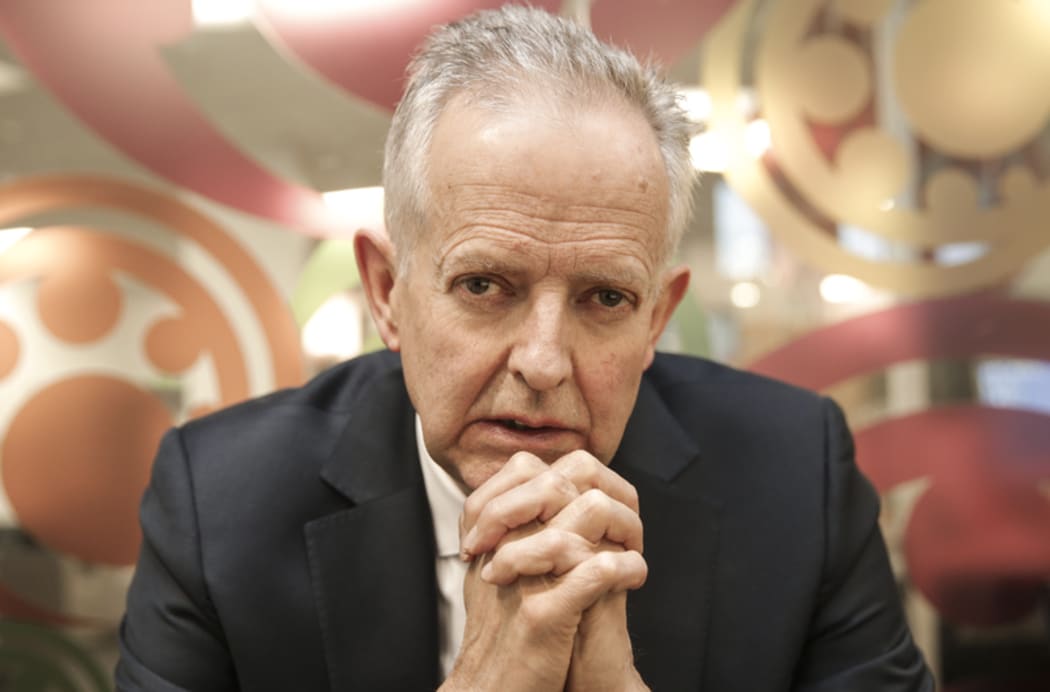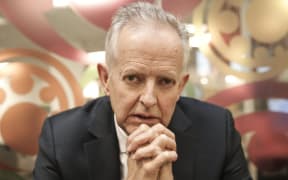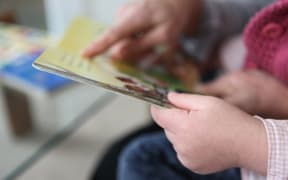Family Group Conferences have failed to fully involve hapū and iwi, and the services have been patchy and inconsistent, a new report has found.

Children's Commissioner Andrew Becroft Photo: RNZ / Rebekah Parsons-King
Children's Commissioner Andrew Becroft said the system - designed to help at-risk children and young offenders - is under-resourced and needs significant change and improvement.
Family Group Conferences (FGCs) were supposed to bring together whānau, iwi and social workers, with the goal of ensuring a child or young person was safe and well cared for.
But Dame Tariana Turia, an advocate for the care of Māori children, said that did not always happen.
"Well, half the time they're not involving even half the family. It's driven by the department, not the family."
The report by the Children's Commissioner reviewed six sites run by the now disestablished agency, Child, Youth and Family.
Judge Becroft focussed on the agency's coordination of the conferences and its role in ensuring sure everyone that needed to attend was present and well-prepared.
The sites that were assessed were hand-picked as exemplars, yet the report found practice was inconsistent and lacking in resources, with patchy training and an insufficient amount of participation from the young people, whanau and iwi.
"When properly resourced and practised, I believe the FGC process has in it the seeds of genius. However, 27 years on from the original Act, we have only partially put this vision into practice," Judge Becroft said.
Judge Becroft told Morning Report today there were "patches of excellent practice".
"But over time, with resource constraints, with lack of consistent training, things had atrophied slightly and shrunk. And paradoxically, what it was designed to replace - that is government official decision making - it had swung too far back in that direction."
Dame Tariana said whānau and iwi participation was pivotal to keeping young people safe.
"If you function as, say, my family does, our children, our grandchildren belong to all of us. So we don't see them as being specifically belonging to two people.
"So we expect to be consulted, we expected to have a say about what happens in the long-term interests of those children," she said.
Oranga Tamariki replaced Child Youth and Family and it said it had made changes, such as better training and trialling external iwi-based co-ordinators.
Spokesperson Jo Harrison said there was still a way to go to fixing the processes.
"So we are investing new resources, very much aimed at ensuring that we do find the right whanau and that we extend our reach to the whanau around the child and making sure that we facilitate their participation into that conference."
Ms Harrison would not be drawn into who was responsible for the previous poor facilitation of Family Group Conferences.
"What we're working on at the moment is how we move towards the future and how we take the lessons the Commissioner has given to us," she said.
Judge Becroft said he was encouraged that Oranga Tamariki largely agreed with the report. He said he was optimistic that could put the necessary changes in place.
"We had a chance in '89 for what might be called a revolution - judges and lawyers don't talk in those terms very often - but this is a second chance to get it right. I believe they can and I'm confident that they can. We'll be watching carefully."
The report has also been sent to Minister for Children Tracey Martin.






